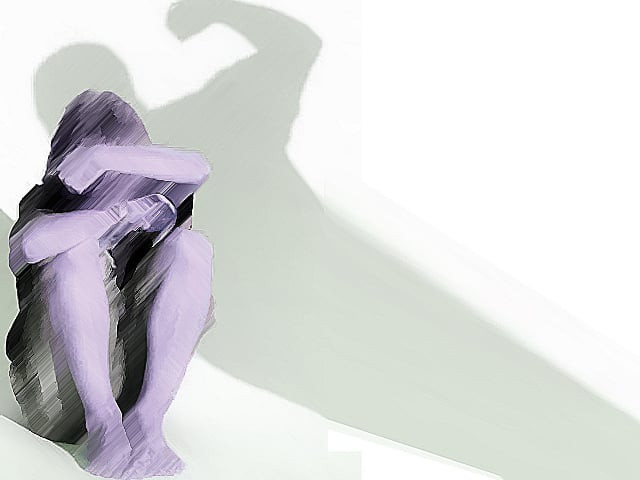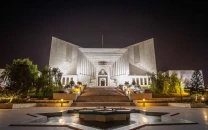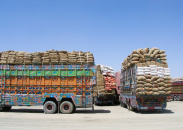Away with the cane
The well-entrenched practice of beating up schoolchildren is on its way to becoming illegal.

The well-entrenched practice of beating up schoolchildren is on its way to becoming illegal. PHOTO: EXPRESS/FILE
The Bill passed by the NA, which should, we hope, soon become law, is therefore welcome. It was badly needed and comes after similar action in Punjab as well as a resolution passed by the Sindh Assembly. Media programming campaigning against corporal punishment in schools played a part in the legislative action. Beatings at school — and indeed also outside it — are banned in many developed countries and seen as a form of child abuse. Thinking at home is, of course, very different; but it is time a change was brought in it. NGOs working for children’s rights have sought such a ban for a very long time, while parents have, in some cases, taken teachers to court for violently abusing their children. But, of course, most cases of corporal punishment go uncommented on and unnoticed. They occur every day in our schools, both public and private, in one form or the other.
There are specific facts to be looked at. Figures indicate that up to 30 per cent of children drop out of school by the fifth grade because of physical abuse. Child runaways, exposed to all kinds of dangers on the streets, cite physical ill-treatment as a reason for quitting school. The legislation we see is an extremely positive step. But in a society where physical abuse of children is widespread, we also need to build awareness about the damage it causes. The media has the potential to play an active role in this.
Published in The Express Tribune, March 15th, 2013.



















COMMENTS
Comments are moderated and generally will be posted if they are on-topic and not abusive.
For more information, please see our Comments FAQ